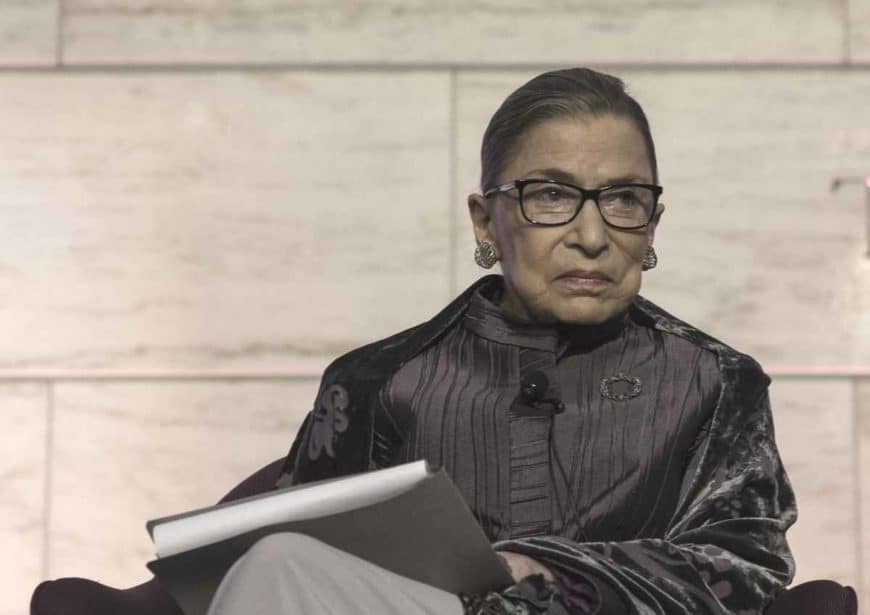International Women’s Day is commemorated in a variety of ways worldwide; it is a public holiday in several countries, and observed socially or locally in others to celebrate and promote the achievements of women. It seems to us equally important to celebrate equity between men and women.
On this topic, Ruth Bader Ginsburg (1933-2020) really made a difference. She was an American lawyer and jurist who served as an associate justice of the Supreme Court of the United States.
She was a strong advocate for gender equality and women’s rights. She served as a justice on the US Supreme Court from 1993 until her death in 2020, and during that time, she played a pivotal role in shaping the law and advancing the cause of gender equality.
Ruth Bader Ginsburg was a fierce critic of laws that were ostensibly designed to “protect” women but in reality, had the effect of limiting their opportunities and perpetuating gender-based stereotypes and discrimination. Her work to fight against men discrimination is less known … here are a few examples of what she achieved:
The case of Weinberger v. Wiesenfeld (1975), which Ginsburg argued before the Supreme Court. In that case, a widower named Stephen Wiesenfeld challenged a Social Security law that denied survivor benefits to widowers who were caring for their children, but granted those benefits to widows in the same situation. Ginsburg successfully argued that this law discriminated against men and perpetuated the gender-based stereotype that women are the primary caregivers for children.
Another example is the case of Craig v. Boren (1976), in which Ginsburg successfully argued that an Oklahoma law that allowed women to purchase beer at age 18 but required men to be 21 discriminated against men and perpetuated gender-based stereotypes about drinking and maturity.
Throughout her career, Ginsburg consistently fought against laws and policies that perpetuated gender-based stereotypes and discrimination. She believed that true equality could only be achieved if men and women were treated the same under the law and had equal access to opportunities and resources.
The story of Ruth Ginsburg shows that discrimination sometimes lurks in the shadow of good intentions. The role of HR is therefore to uncover it in order to avoid any form of indirect discrimination.



